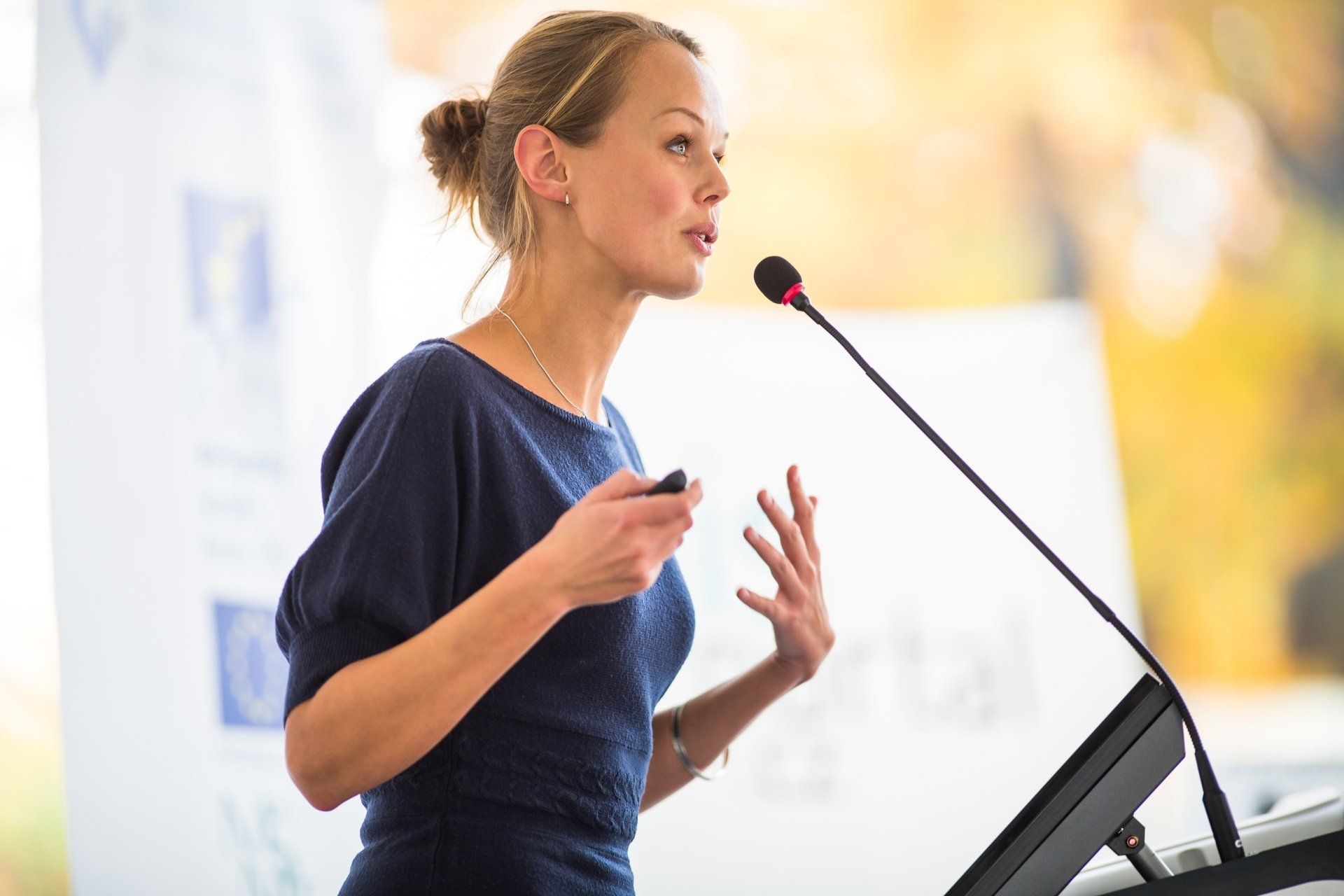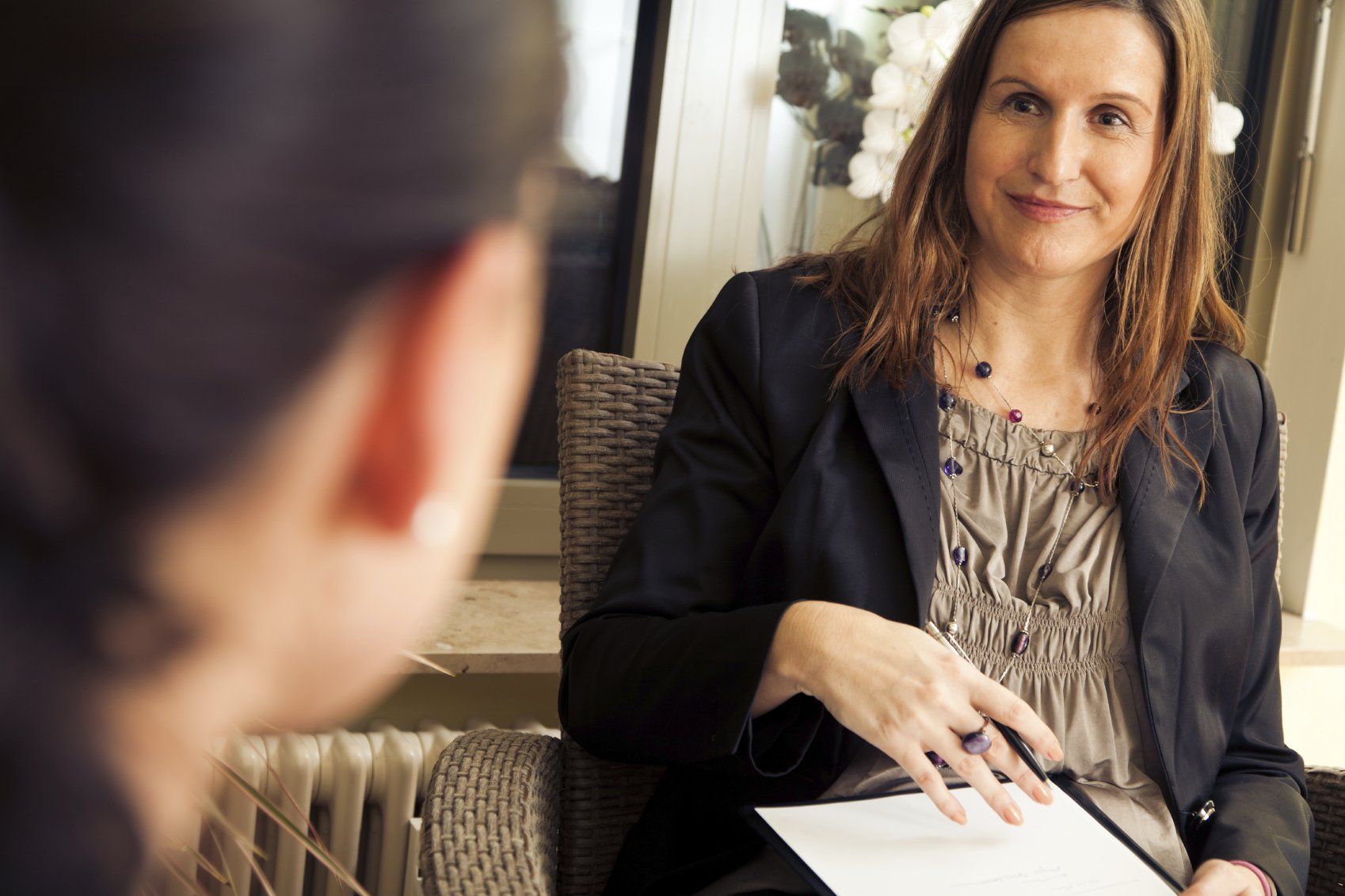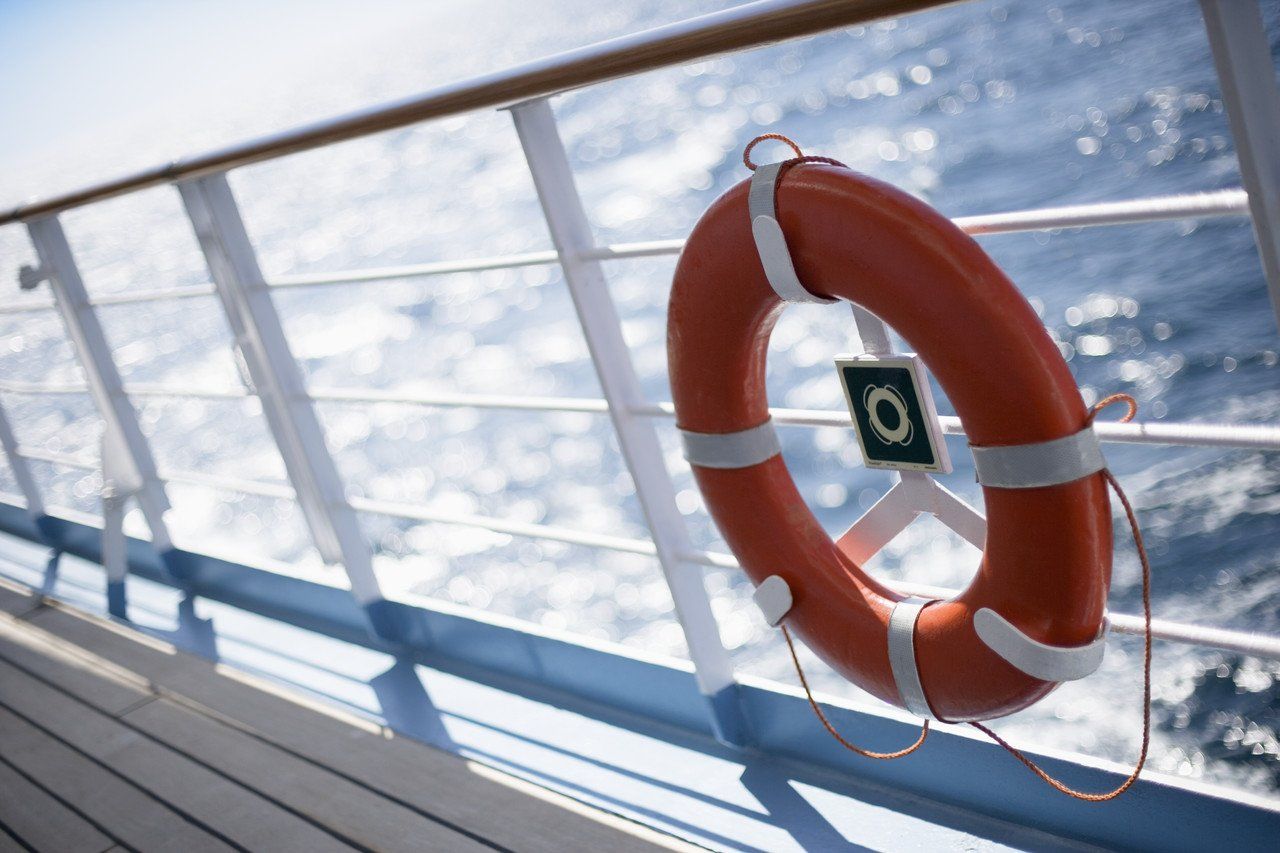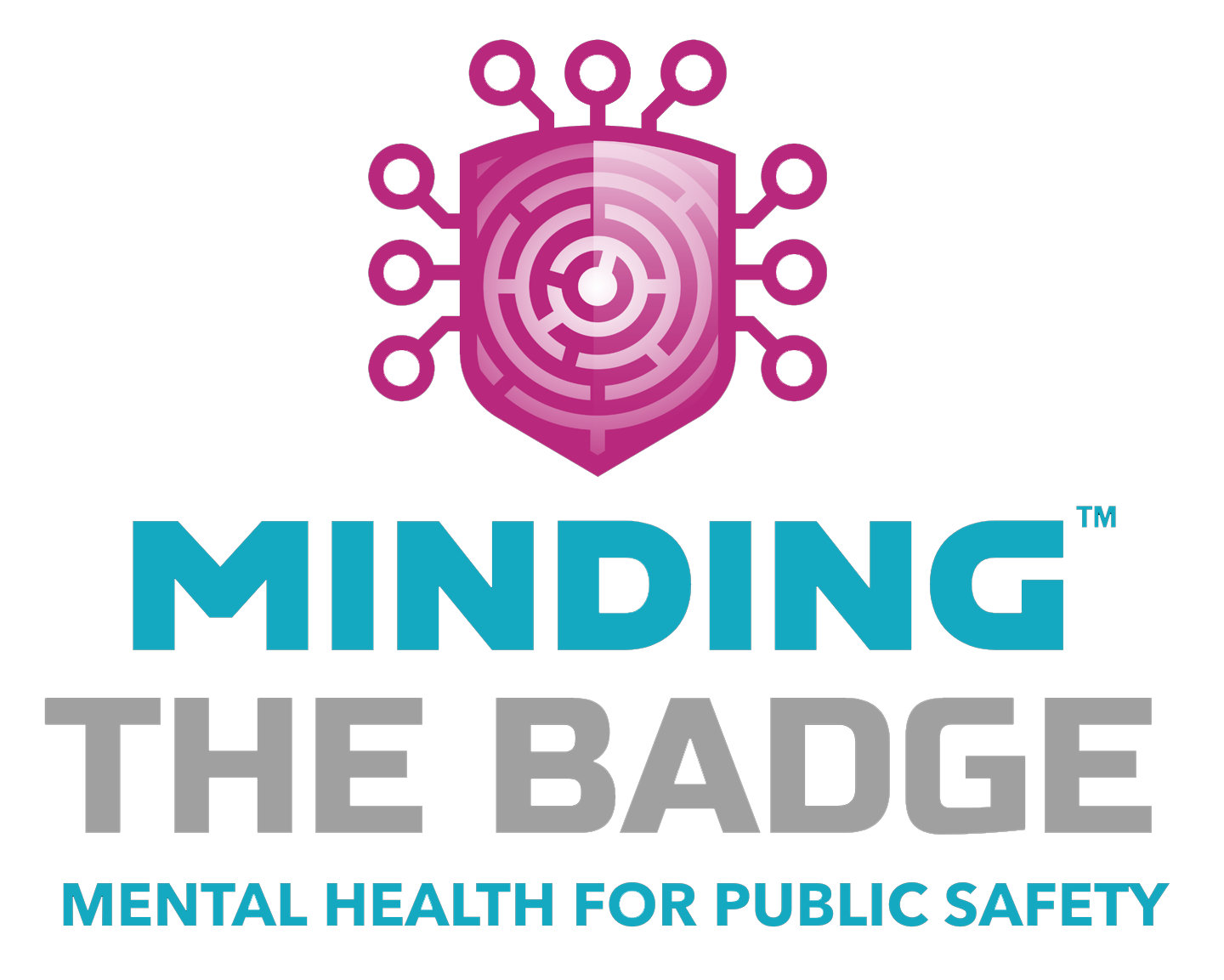PEERSUPPORT:
Some of the earliest studies done with relation to the value of peer support with regards to mental health, was with combat veterans from the middle east post 9/11.
One survey of more than 28,000 active-duty military personnel: talking with friends and family was the second most common coping strategy for dealing with stress, with 73 percent responding to using that strategy frequently or sometimes. Studies show that peer social support and cohesion function as protective factors for troops exposed to combat-related stressors, such as PTSD. Social support from peers in the period shortly after traumatic stress exposure has proven a protective factor for U.S. soldiers exposed to sexual assaults and other trauma.
(Martin L, Rosen LN, Durand DB, et al. Psychological and physical health effects of sexual assaults and non sexual traumas among male and female United States Army soldiers. Behavioral Medicine. 2000;26: 23–33.)
Several studies of Vietnam veterans found that returning veterans who experienced greater peer social support showed less PTSD than those who, for various reasons, were more isolated from their fellow soldiers. Summarized research from multiple studies indicates that cohesion in military units is associated with continued good performance under stressful conditions.
(Stretch R. Post-traumatic stress disorder among US Army Reserve Vietnam and Vietnam-era veterans. J. of Consulting and Clinical Psychology. 1985;53:935–936.)
Aside from research, the obvious conclusions exist: peers are more likely to be in tune with other peers, more likely to trust other peers, and more likely to open up to other peers.
(Bray RM, Pemberton MR, Hourani LL, et al. 2008 Department of Defense Survey of Health Related Behaviors Among Active Duty Military Personnel)







